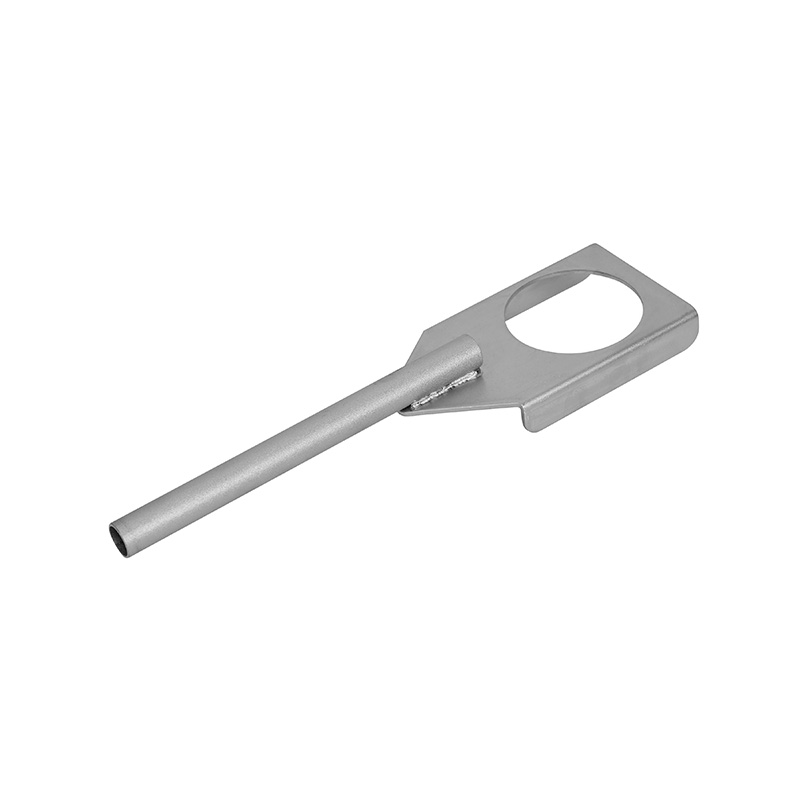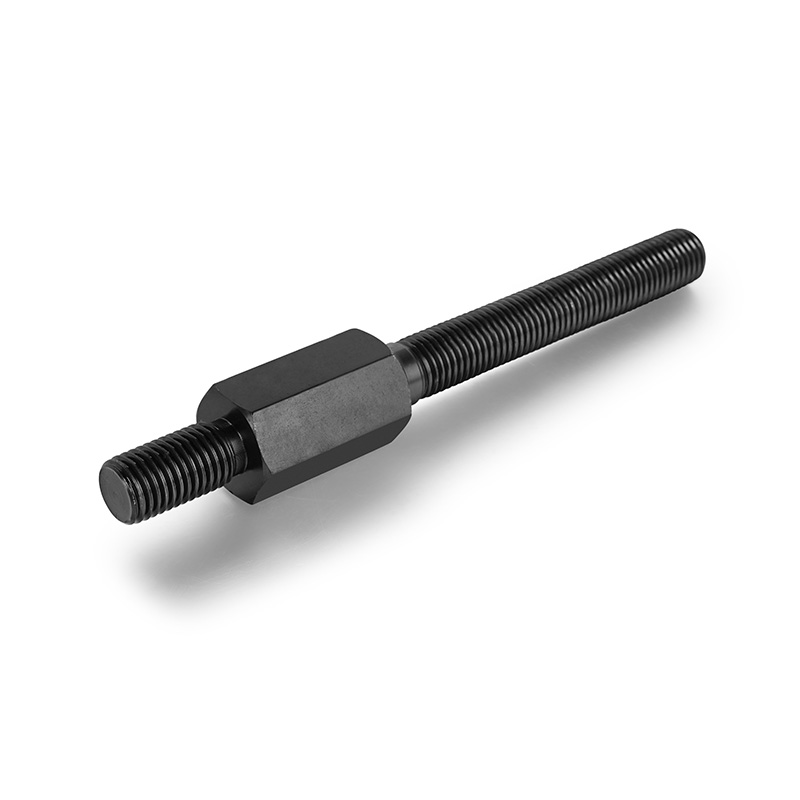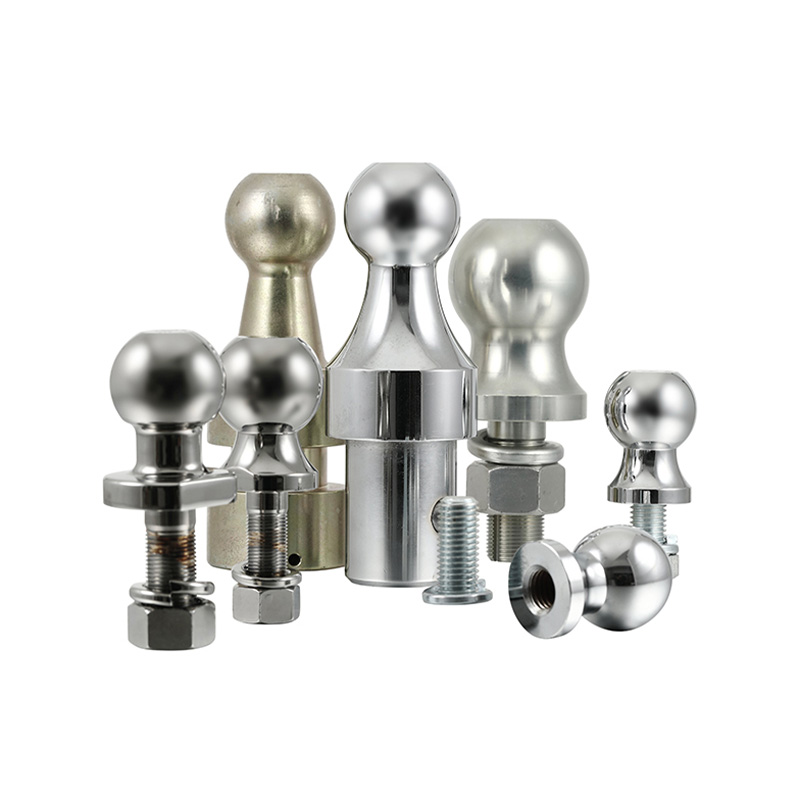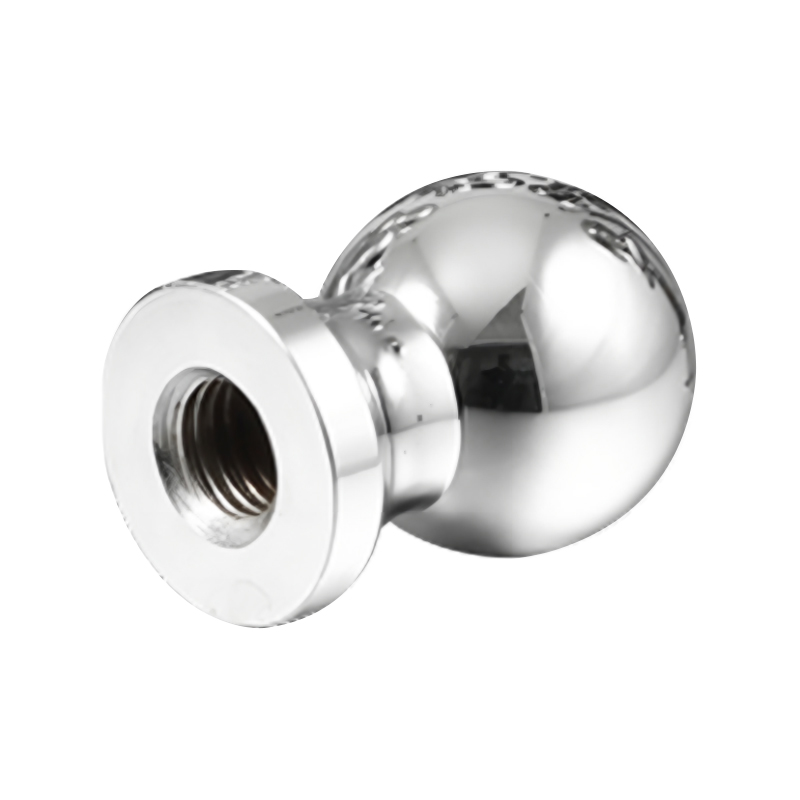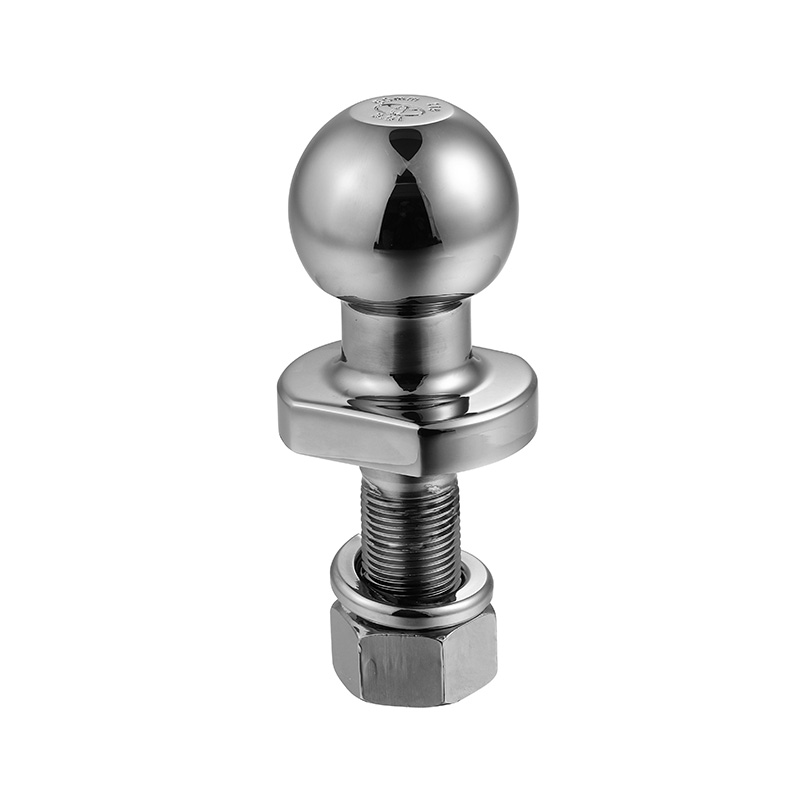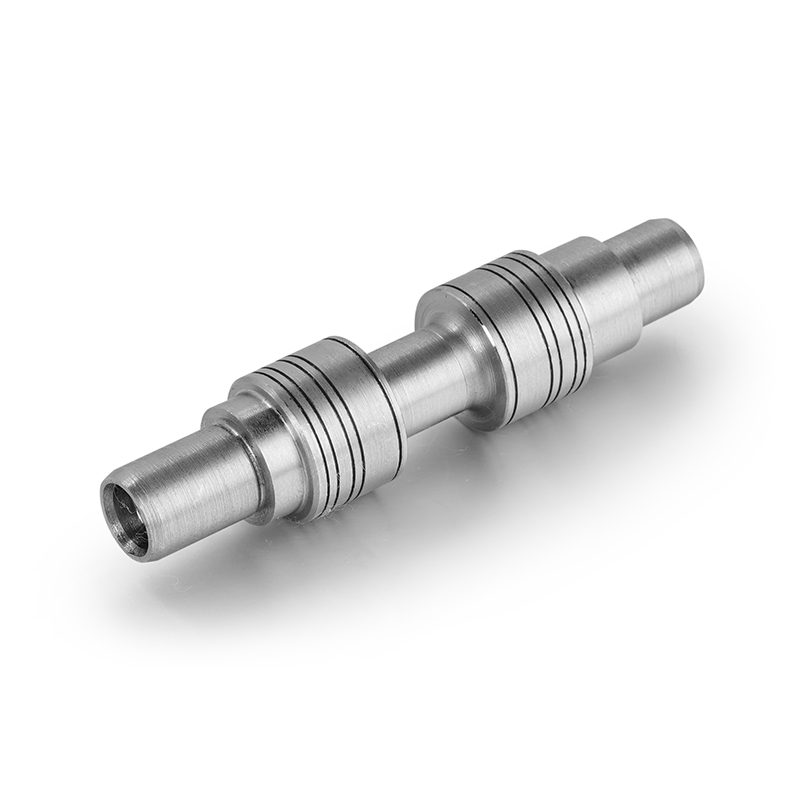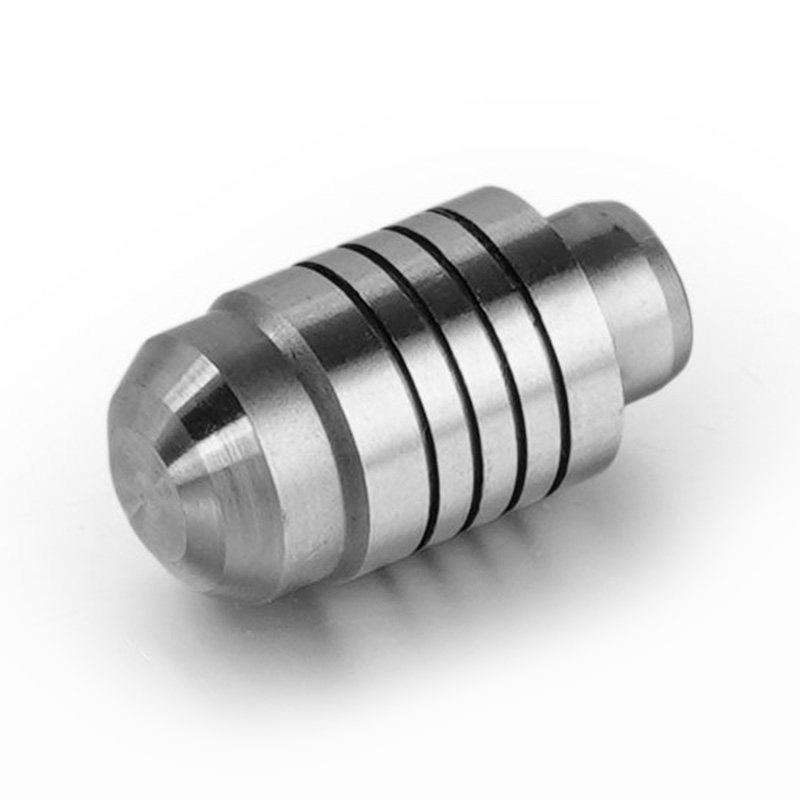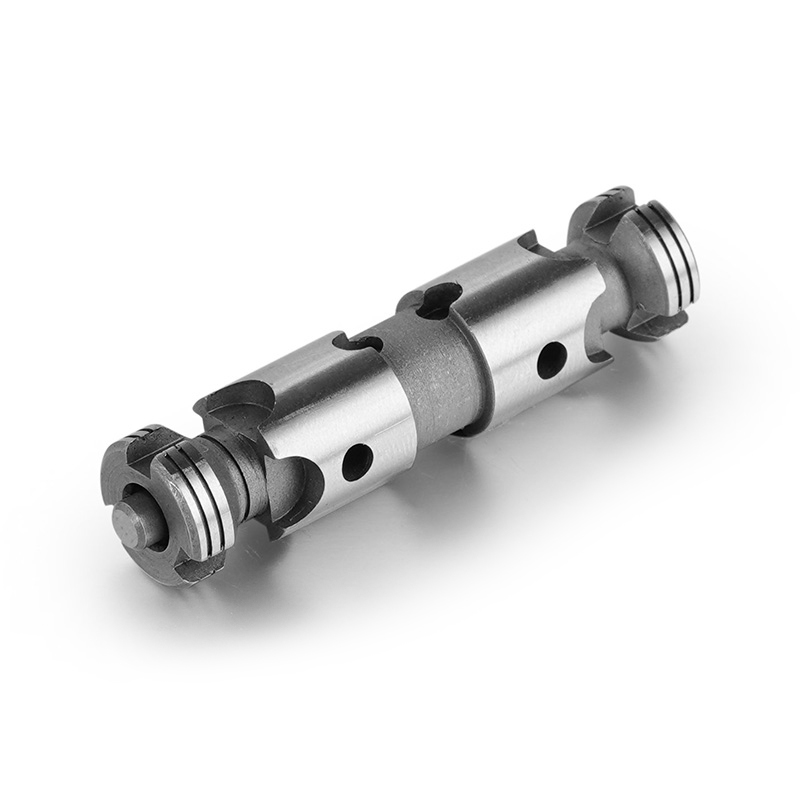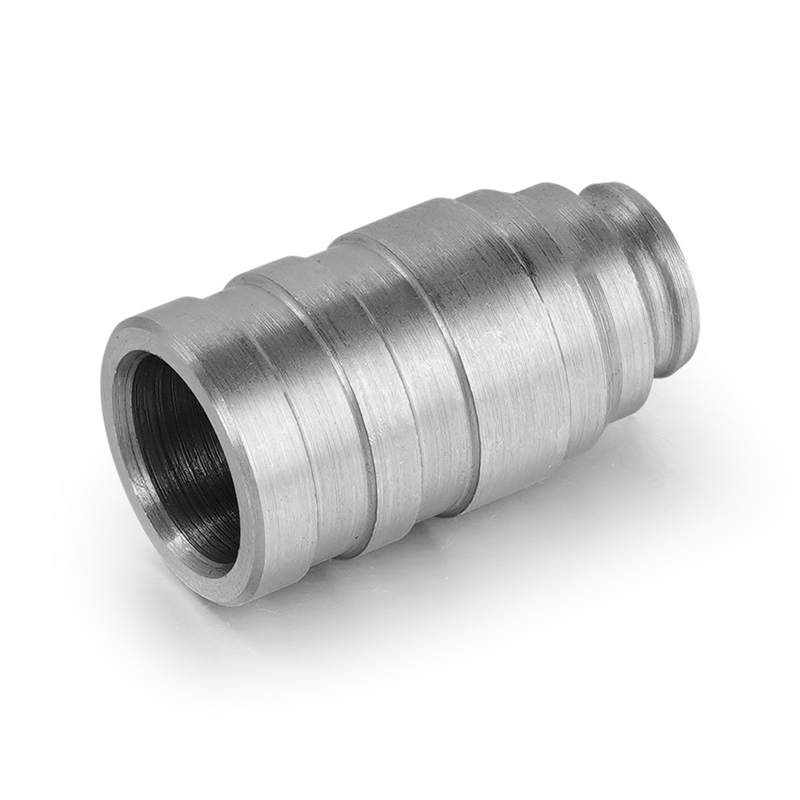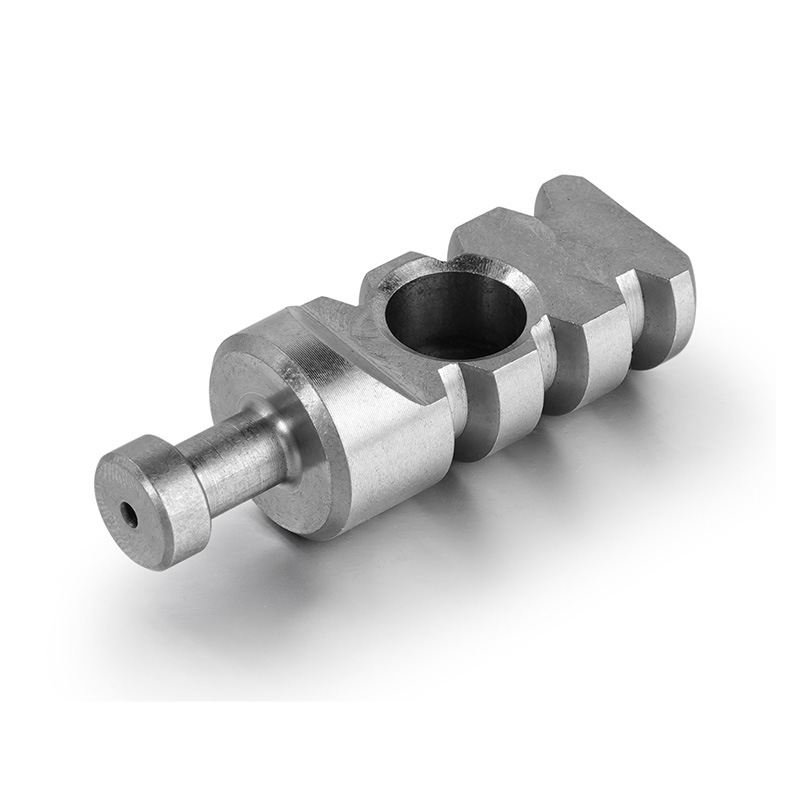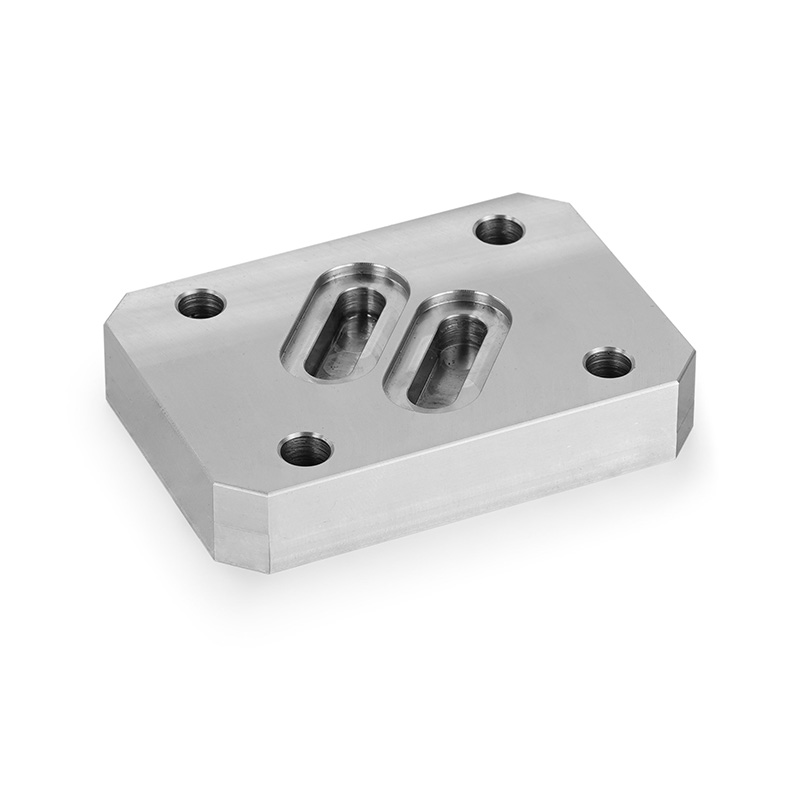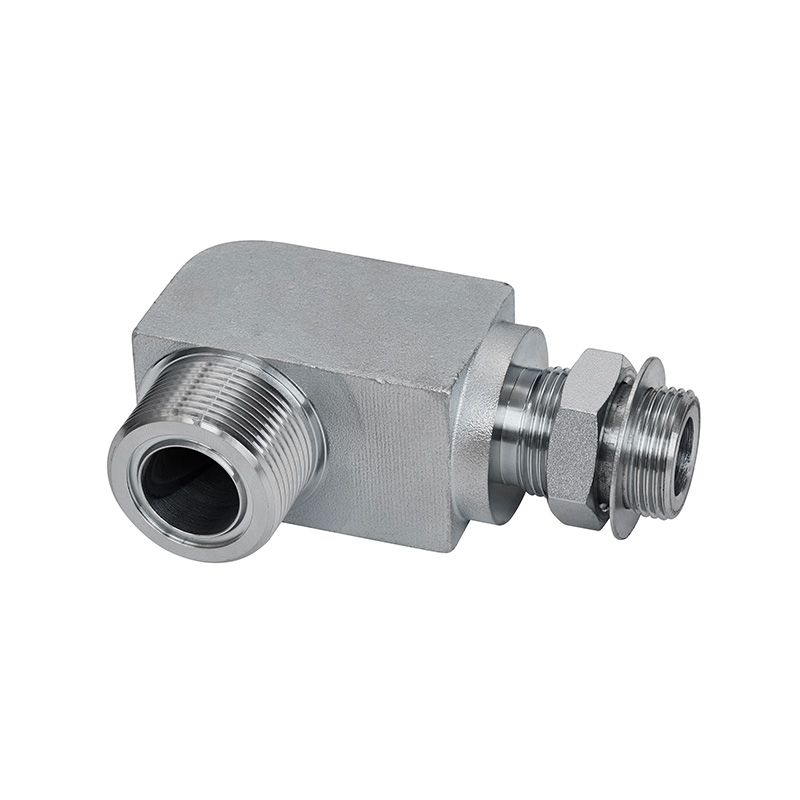As global demand for recreational vehicles, boat trailers, and cargo transportation grows, the humble trailer hitch ball—a critical component of towing systems—is undergoing a technological revolution. Manufacturers worldwide are prioritizing safety, durability, and smart integration to meet evolving consumer and industrial needs.
Market Growth and Safety Standards
According to a 2023 report by Grand View Research, the global trailer hitch market is projected to reach $12.8 billion by 2030, with hitch balls accounting for 22% of sales. This surge is driven by stricter safety regulations, such as the EU’s updated ISO 1103:2022 standard for tow couplings, which mandates rigorous load-testing protocols.
Smart Hitch Balls Enter the Mainstream
Leading manufacturers like CURT Manufacturing and BOSAL have unveiled "smart" hitch balls embedded with IoT sensors. These devices monitor real-time metrics such as tongue weight, sway detection, and brake light connectivity, transmitting data to driver dashboards via Bluetooth. Ford’s 2024 F-150 models now integrate these sensors with onboard towing assist systems.
Material Science Breakthroughs
To address corrosion issues, Australian firm Hayman Reese developed a proprietary "Marine-Grade Plus" coating for hitch balls, extending lifespan in saltwater environments by 300%. Meanwhile, German engineers are experimenting with graphene-reinforced steel alloys to reduce weight while maintaining 5,000+ lb towing capacities.
Consumer Education Initiatives
Despite advancements, improper use remains a concern. U.S. Department of Transportation data shows 13% of trailer accidents stem from incorrect hitch ball sizing. Major retailers like REVTO and Amazon now require AI-powered compatibility checks before online purchases, while AutoZone offers free installation tutorials through AR smartphone apps.
Future Outlook
Industry analysts predict autonomous towing systems will dominate by 2035, with hitch balls evolving into bidirectional communication hubs. "The next-gen hitch ball won’t just connect trailers—it’ll exchange data with charging stations for electric RVs and self-driving truck platoons," said Dr. Elena Torres, a mobility tech expert at MIT.

 English
English 中文简体
中文简体